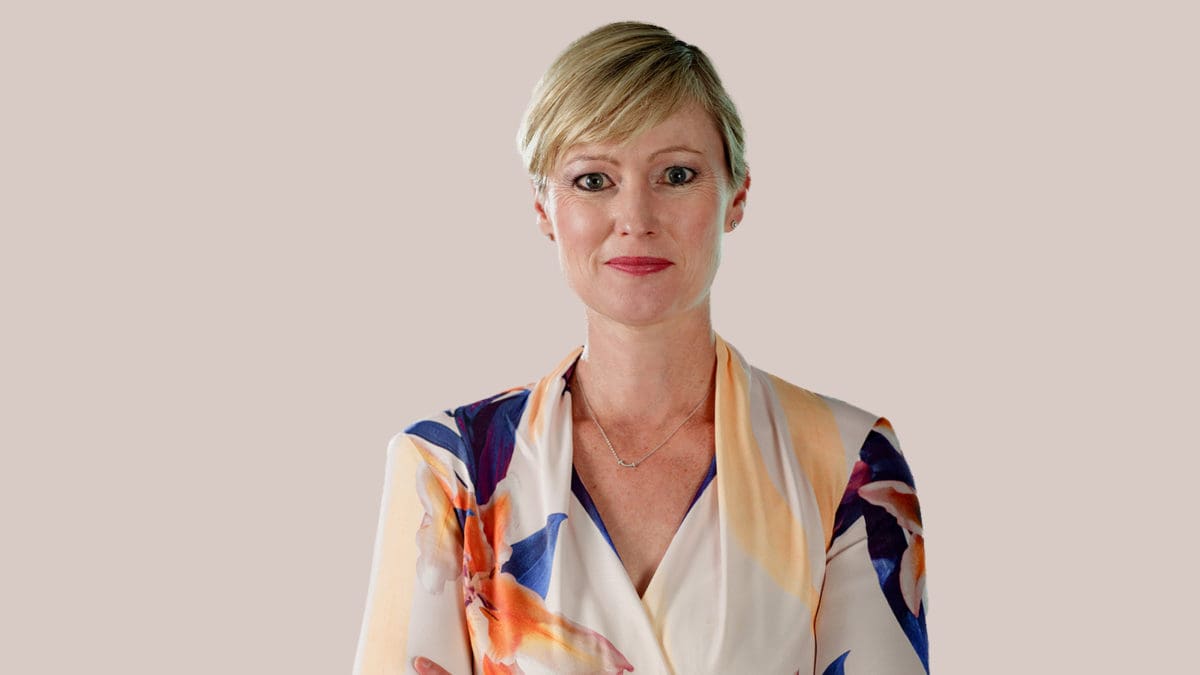‘Come at us’: Mercer ready for competition at scale
BT’s Personal and Corporate superannuation funds will be merged into the Mercer Super Trust in a successor fund transfer that will create a superannuation fund with $65 billion under management and give Mercer a collective local scale of $90 billion when its non-super assets are included. It’s a transformative deal for the retail fund in a time when APRA’s litany of “bigger is better” resounds throughout the super industry.
“When you put together the local scale this merger will bring alongside (Mercer’s) global scale and capabilities, I’m not sure there’s anybody who can say they have an equivalent offering in this market,” said Kylie Willment, Mercer CIO for the Pacific region. “I’d say to anybody, come at us and try and beat us.”
Mercer manages around $500 billion globally, with $300 billion of that through outsourced CIO arrangements. It has 1000 investment personnel around the world, Willment says, including 200 specialist alternative and private market professionals on the ground in 30 countries. That gives Mercer “a unique ability to identify the best investment opportunities and incredible access to the best investment managers” – and could give it a leg up on its profit-to-member brethren who are only just establishing their own overseas offices.
“Size isn’t just about scale and buying power; it’s about expertise, and we get the opportunity to combine two already strong investment teams into one incredibly strong local investment team who will be really dedicated to delivering those great investment outcomes,” Willment says. “But what makes it quite unique in terms of offering to the market is that we can tap into a global network of expertise all around the world.”
The main driver of the merger is APRA’s new expectation, backed by internal research, that funds be above a certain size -$50 billion – in order to bring down fees and deliver savings to members. Mercer anticipates members will see a fee reduction of 25 per cent as a result of the merger, making it “one of the most competitive super offerings in Australia.”
“It’s pretty well-stated that APRA has drawn a line around that $50 billion as being what they consider the line for scale,” said Mercer Pacific CIO Kylie Willment. “We considered it vitally important for us to be growing and getting up to the kind of scale that can compete in an ever-consolidating industry, but it’s ultimately about the benefit that can bring through to members and being able to use that and leverage it to deliver great retirement outcomes.”
While Mercer is pursuing organic growth options, Willment says the fund is also open to more mergers.
“I think our absolute desire is to continue growing and we’ll always be on the outlook for opportunities… I don’t think we’ve got a particular number in mind, but we want to have one of the best offerings in the market, we want to be able to deliver the very best investment performance at the most competitive fees to our members.”
It’s a tongue-in-cheek refrain that members want high returns and low fees; in a time where high returns are getting harder to come by, you’re going to have to pay for them. But Willment believes that Mercer’s global position will help it in an investment environment potentially more challenging than that seen in the period immediately post the Global Financial Crisis, while the fund is well ahead of the YFYS performance test.
“We’re viewing (YFYS) as another risk we need to manage against,” Willment said. “It’s vitally important that we always stay on the right side of that test, and our options passed the first test and are all well-positioned to pass the test this year, including as the trustee-directed products come on.”
“What we’ve really been through is a process to understand the benchmark and understand how we’re positioned against it – where the big mismatches stand and make sure that we’re comfortable with them, and that we’ve got conviction and confidence that our position relative to that benchmark will continue to deliver outperformance.”
And like many other CIOs, Willment is interested in the policy that might come out of the new government to support and accelerate the transition to renewable energy. Mercer has a net zero commitment across all its assets in Australia, and is “very actively” looking at ways to transition the portfolio to net zero by 2050.
“I think the thing that all investors would welcome, and particularly those who have to focus on the climate transition, would be a supportive policy framework that would encourage investment into that space while enabling us to continue to deliver really strong returns and investment outcomes to our members.”










